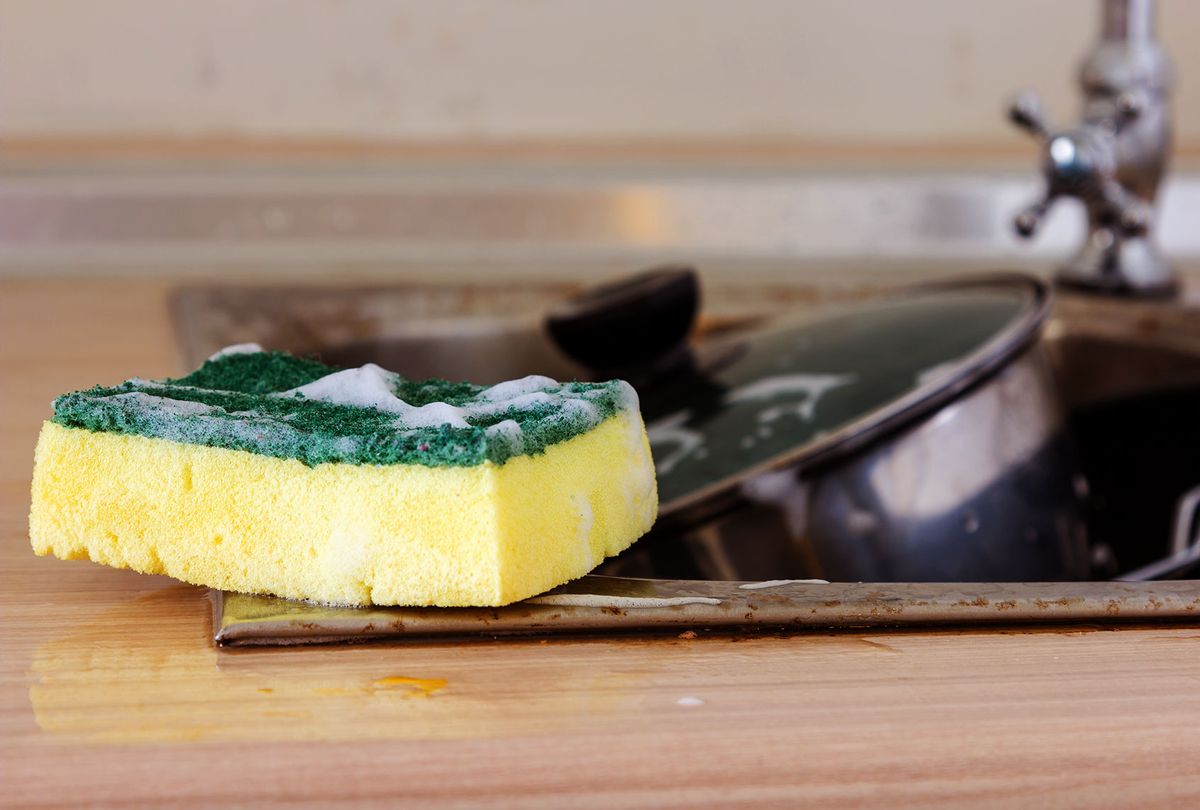In an unfortunate turn of events for sponge users, a recent study has revealed that those sudsy rectangular squares may be more optimal for bacteria growth than even a petri dish in a lab.
When you think about the composition and environment of a sponge, some obvious aspects can help explain why; consider the consistent dampness, presence of food particles, and airiness of the sponge itself.
RELATED: The (cheap) tools that will transform your cooking in 2022
But this specific study, published in the science journal Nature Chemical Biology showed that those little individual craters and pockets within the structure of the sponge appeal to a very specific bacterial crowd; ones that prefer a little more personal space.
Because these pockets are separated, the bacteria within them don't have to compete as much for resources and space, but are still close enough that they may find benefits from the other kinds nearby.
The result is an almost beautiful moment of harmony and unity within the microbiome of your kitchen sink. However, this holding hands of microorganisms may pose health risks to you or anyone using a bacteria-filled sponge.
So, what can you do to avoid peace and love between the organisms on your sponge? Well, there's a couple of different options. The USDA recommends microwaving the damp sponge for about one minute, or sticking it into a dishwasher with a dry cycle.
In both scenarios, their research has found that this kills the vast majority of bacteria, yeasts and molds that you might encounter otherwise. The other helpful thing is to be honest with yourself about the state of your kitchen sponge. If it looks beaten down, moldy, or has that mildew-y smell that you're all too familiar with, the safest and most effective option is to throw it out, and use a new one.
More of our favorite kitchen gear:

Shares